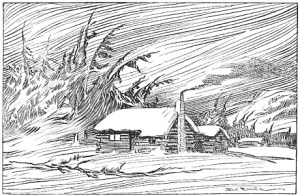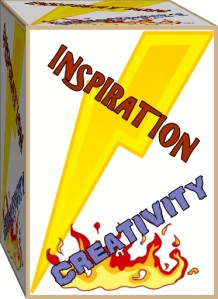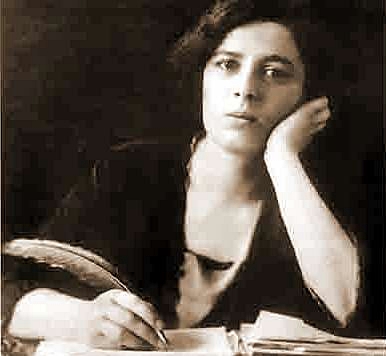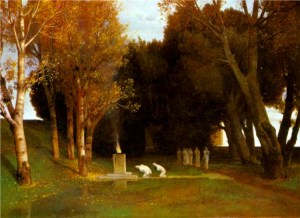I have been in psychotherapy for a very long time and have acquired a philosophical interest in some of the ideas behind the various psychological schools of thought. Inherent in them all is the concept of “liberating” the patient or client. I am sure no professional would ever put it this way, but psychologists are like the Allies storming ashore in Normandy to liberate Europe from the tyrant’s grip and restore democracy.
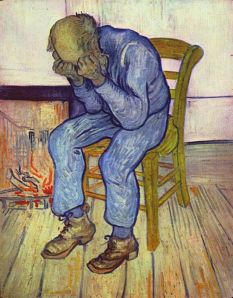
Psychotherapy seeks to liberate the sufferer from emotional pain thus restoring greater freedom of action. (Photo: Wikipedia)
No matter how one conceptualizes it, liberation implies some kind of oppressive situation from which the sufferer would like to be freed. Right away, we have a two-part scenario: the source of the oppression and the subject who suffers yet is not able (either from ignorance or incapacity) to do anything about the painful situation.
Continue reading “The Concept of Liberation in Psychology”

